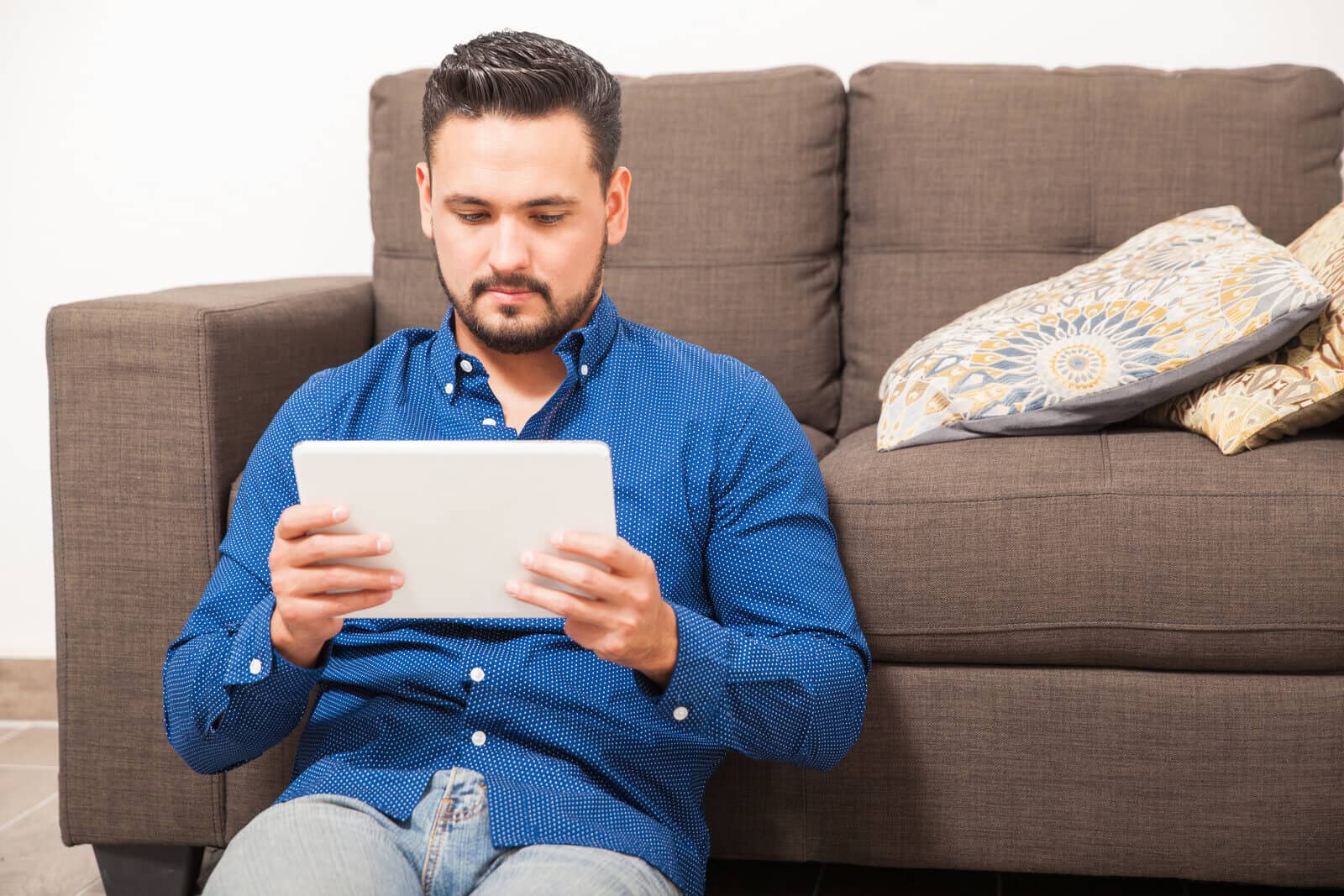As the number of “stay at home” orders issued by Governors across the country climbs, we are learning how to deal with a whole new world and with it, a series of whole new routines. Not surprisingly, the greatest uncertainty is wondering what will happen next. And uncertainty brings anxiety, stress and worry.
Focus on what you can control.
While we can’t control what will happen next, we can control how we react to it. And, by taking control of what we can, it will make it easier to manage anxiety.
Try to establish a routine for the new now. If you’re working remotely, following a routine, even if the location has physically changed, will be easier. If you’re home and feeling isolated, keeping to a routine, even in its altered state, will help you maintain a sense of normality.
If you’re constantly anxious about what might happen to you, take control of your behavior and habits to reduce your own risk:
- Wash your hands frequently for 20 seconds with soap and water.
- If you’re using hand sanitizer, make sure it is at least 60% alcohol.
- Keep your hands away from your face, particularly your eyes.
- Stay at home as much as possible.
- If your organization is listed as an essential business and you must physically be in the office, maintain at least 6 feet of physical distance from your co-workers. Be diligent about wiping down common areas and items such as facets, light switches, door knobs and such with disposable cleaning cloths.
Don’t overdo the news.
While it’s important to watch the news and be aware of what is going on in the world, too much, particularly during a pandemic event, can be overwhelming. It’s important to tune out sometimes and walk away. Limiting too much exposure can lessen stress and it’s important to set boundaries.
Take care of yourself.
There are a number of strategies for managing stress, and it should come as no surprise that getting enough rest, eating healthy and exercising are the top three. They help lessen stress and improve your coping skills. Exercise in particular, increases endorphins, which in turn increases a general feeling of well-being.
Be good to yourself. Take time to enjoy favorite activities: watch a movie, read a book, try a new recipe. Taking time to enjoy things you like, helps lessen anxiety.
Get some fresh air. Whether it’s taking a walk around your neighborhood, or working in the yard, just getting fresh air can be invigorating and make you feel better.
Keep in touch will families and friends
Make sure you reach out to family and friends. It’s more important than ever to stay in touch with the people we care about. Whether it’s phone, face-time, texting or keeping engaging through social media, maintaining contact helps each of us feel connected.


